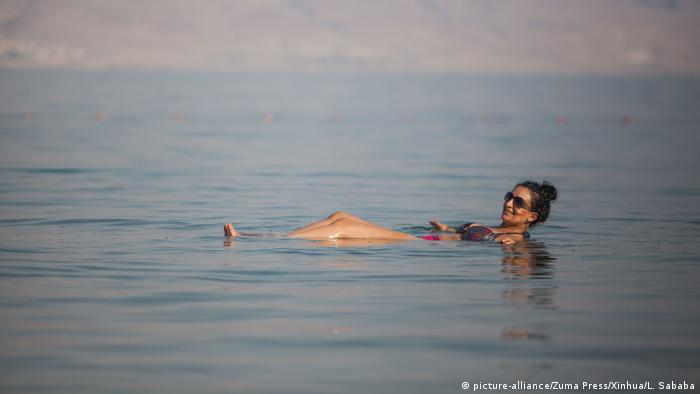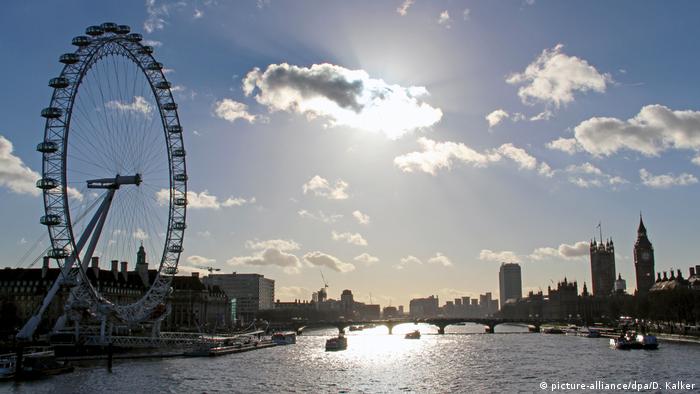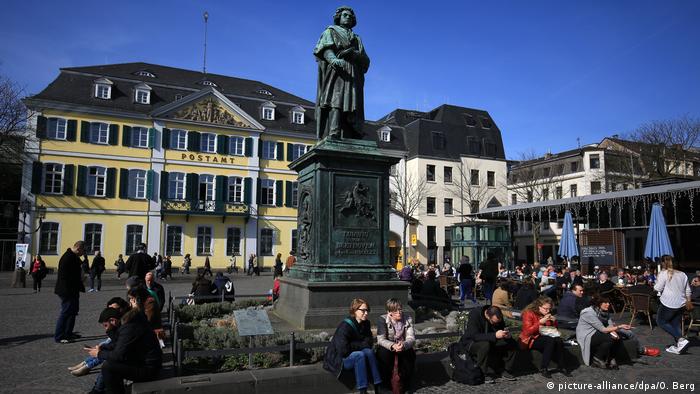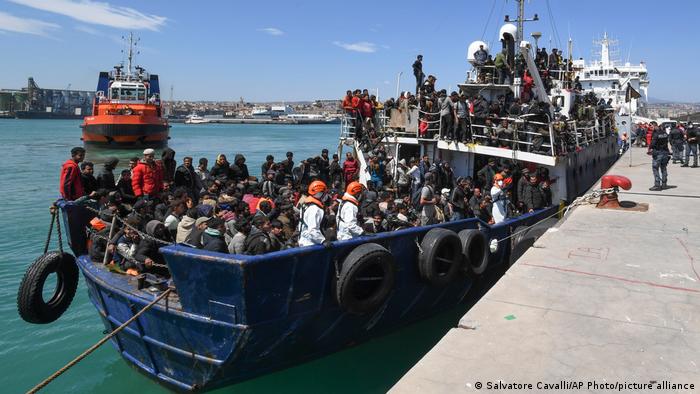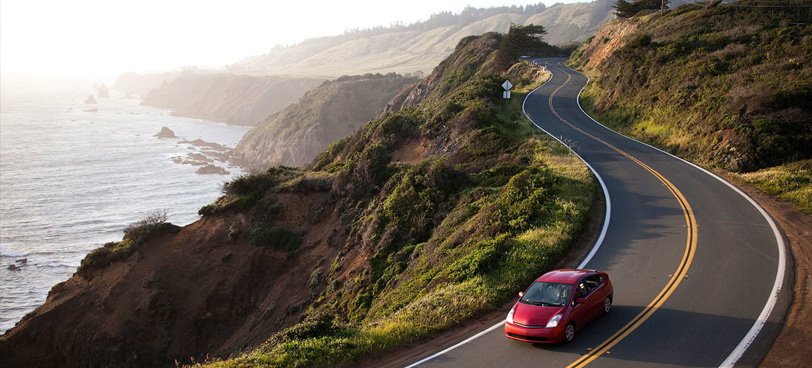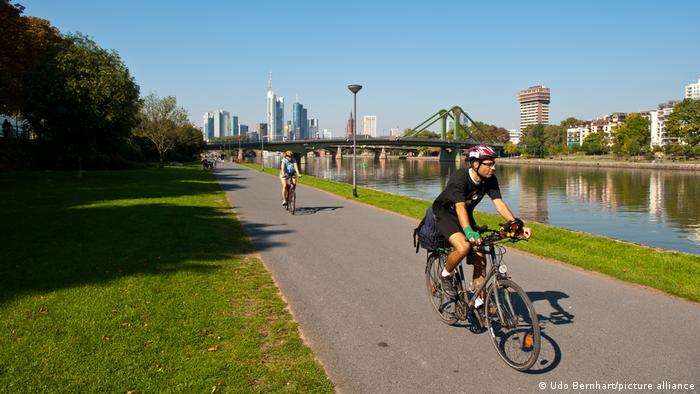Israel was established as a state on May 14, 1948. The country is worth seeing because of its many holy sites, but its cities and beaches also have their charm for travelers.
Tel Aviv-Jaffa
With its countless galleries, restaurants, bars, and clubs, Tel Aviv is considered liberal, cosmopolitan, and exuberant. Tel Aviv, founded in 1909, grew together with the ancient port city of Jaffa. Therefore the correct name is Tel Aviv-Jaffa. It is Israel's second-largest city and a popular tourist destination.
Beach life
Israel has around 270 kilometers of coastline on the Mediterranean Sea. The city beach of Tel Aviv alone stretches over 14 kilometers. Enough space for sunbathing, swimming, and water sports. It is ideal for diving in Eilat on the Red Sea, in the very south of Israel.
Bauhaus architecture
Tel Aviv has the world's largest collection of Bauhaus-style buildings, the so-called White City. The approximately 4000 buildings are part of the UNESCO World Heritage. Houses in the famous distinctive style were also built in Haifa, Jerusalem, and other places between the 1920s and 1940s.
Spa in the Dead Sea
Anyone who wants to read the newspaper in the Dead Sea can do so without any problems. The high salt content and the resulting high density of the water ensure that you float at the top. And it's healthy too. Because of the many minerals, the water and the mud are known for their healing effect on skin diseases, among other things.
Jerusalem
The holy city for three world religions: behind the walls of Jerusalem's old town are religious sites of Jews, Muslims, and Christians. The old town is divided into different quarters: in the Christian quarter is the Church of the Holy Sepulchre, which was built over the supposed tomb of Jesus; in the Jewish quarter, the Western Wall and in the Muslim quarter, the Dome of the Rock with its golden dome.
Yad Vashem
In Jerusalem, Israel's central Holocaust memorial commemorates the victims of the persecution and murder of the Jews during the National Socialist tyranny in Germany (1933-1945). It is a moving place that saves the life and suffering of Jewish people from being forgotten.
Myth kibbutz
The idea of ​​the kibbutzim is closely linked to Israel. It was in these villages that a socialist community was to be established. Very few Israelis live there today. The first Kibbutz Degania A was founded in 1910 and still exists. In some of the 250 kibbutzim, you can stay overnight as a guest.
Culinary
You can get a variety of freshly squeezed fruit juices almost anywhere on the street in Israel. The cuisine is also very diverse and ranges from Arabic food to international restaurants and kosher dishes. If you want to cook for yourself: you can find fresh vegetables, spices, olives, and pastries at markets.
Bethlehem
In Israel, you can also visit the place where Jesus is believed to have been born. The Church of the Nativity in Bethlehem stands directly above the cave where Jesus of Nazareth was born. The church is a UNESCO World Heritage Site. From here, hikers make a pilgrimage on the "Jesus Trail" 65 kilometers to the Sea of ​​Galilee.
Lake Genezareth
This lake, which the Israelis call Kinneret, is the country's largest freshwater reservoir. It is mentioned several times in the Bible and is considered one of the most important places in the life of Jesus, who is said to have walked over the water here. After the religious-historical excursions, tourists can refresh themselves with a dip in the water.
